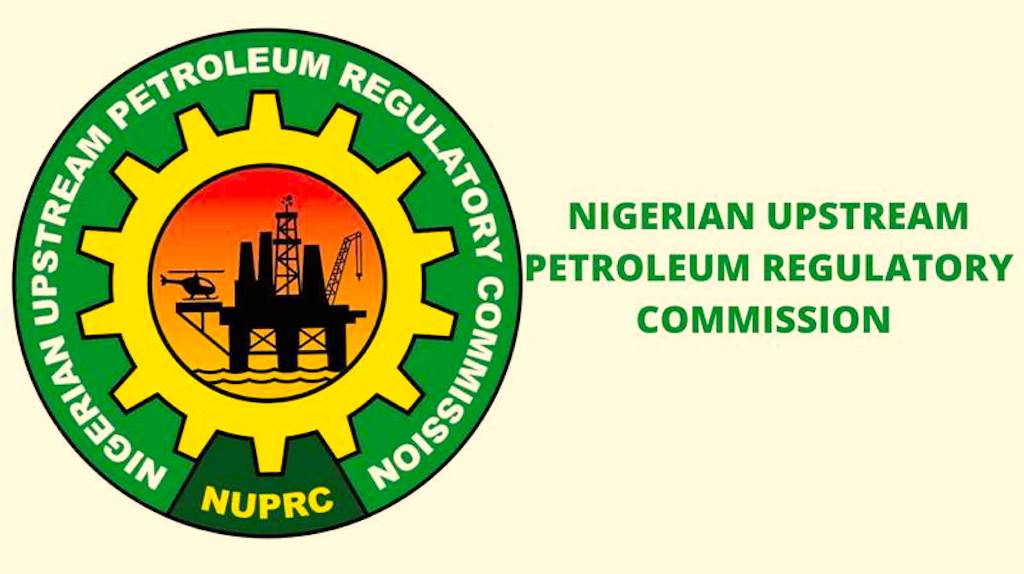Uzor Maxim Uzoatu
The oil-rich Niger Delta is an open wound on the conscience of the Nigerian nation. As Uthman dan Fodio famously said, “Conscience is an open wound – only the truth can heal it.” It is incumbent on Nigeria to come to terms with the truth holding it at the jugular for the country to make the needed progress.
Many Nigerians have conveniently forgotten about Ijaw (Izon) freedom fighter, Henry Okah, who was on January 21, 2013 sentenced to a 24-year jail term in South Africa over two car bombings in Nigeria claimed by the Movement for the Emancipation of the Niger Delta (MEND).
It is gratifying that the Ijaw Nation Forum (INF), an organization founded in 1995 to represent the Ijaw ethnic nationality in Nigeria and the Diaspora, is demanding the immediate release of Henry Okah. It has just come to my knowledge that the INF has filed a petition to the South African President Cyril Ramaphosa toward this cause. According to my sources, the INF petition was submitted on behalf of the Ijaw Nation Forum to the South African Presidency by Kabowei Akamande, an Ijaw activist living in the United States of America.
Henry Okah, a well-known crusader for resource control believes in the justness of his crusade, and it is quite intriguing that he is incarcerated in South Africa for an offence allegedly committed in Nigeria. The demand of the Ijaw Nation Forum for a compelling revisit to the Henry Okah case is indeed a crusade whose time has come, as the petition does not mince words in calling for “the prompt, unconditional, and safe release of our son, Henry Okah, who has been unjustly incarcerated in South Africa since the 2nd of October 2010.”
It is noteworthy that Henry Okah was a South African resident before his imprisonment. Okah was arrested by South Africa’s Directorate of Priority Crimes, also known as the Hawks, in 2010. The INF believes that the trial was flawed, stressing: “That was an original error because it was the responsibility of the South African branch of Interpol to effect such an arrest as prescribed by section 15(6) of the Protection of Constitutional Democracy Against Terrorist and Related Bombings Act No. 33 of 2004 (POCDATARA).”
The signatories to the INF petition are eminent personages of the Ijaw nation, including traditional rulers, community leaders, minority and environmental rights activists from the Niger Delta region, and diverse potentates of the Ijaw ethnic nationality in Nigeria and the Diaspora such as Amanyanabo Alfred Diette-Spiff, the traditional ruler of Twon-Brass and the first Military Governor of Rivers State, alongside Felix Tuodolo, a former president of the Ijaw Youths Council.
The INF makes a formidable case for Henry Okah thusly: “The charges for which Mr. Okah is currently detained in a South African correctional facility pertain to events that unfolded due to social unrest and a protracted armed conflict, as defined by international humanitarian law, within Nigerian territory. It thus stands to reason that in the absence of any formal complaint from the Nigerian state, Mr Okah’s arrest, trial and unlawful imprisonment constitute a hostile and unwarranted intervention by South Africa in an armed conflict in Nigeria. The armed conflict in the Niger Delta has at all times been a quest for self-determination, a manifestation of a people’s collective will to resist oppression, aggression and subjugation by a collaboration of the Nigerian state and Western multinational corporations extracting petroleum riches from our land. It should be noted that the armed militant groups in the Niger Delta that have been loyal to Okah have fought for the cause of the Izon (Ijaw) Nation in particular and the entire populace of the region in general.”
Born in 1965, Henry Okah grew up fighting for the rights of his Ijaw people. He was arrested in Angola and deported to Nigeria in 2008. Okah was charged to court with 62 counts of treason, terrorism, arms trafficking and illegal possession of firearms in which the precution sought for a death penalty. After a protracted trial in which Okah reportedly refused to be bribed off with oil blocks, he was released on July 13, 2009 following the then Nigerian President Umaru Musa Yar’Adua’s Amnesty Programme in the Niger Delta.
Okah was re-arrested in Johannesburg, South Africa, on October 2, 2010, following Nigeria’s October 1 Independence Day attacks that killed 12 people. It was on January 21, 2013 that the South African court convicted Okah of 13 of the charges. He has been serving the 24-year imprisonment at Zonderwater Maximum Correctional Centre in Cullinan, Pretoria, South Africa where the INF is insisting that the South African authorities is subjecting Okah “in the past 15 years to extreme psychological and physical torture which has left him with irreversible facial deformity and trauma.”
In the words of the INF petition, “We find it both ironic and egregious that an African National Congress government that is a product of an armed struggle against an oppressive regime is aligning itself with the suppression and repression of the oppressed people of the Niger Delta by an alliance of the Nigerian state and international corporations. Consider, for a moment, how it would appear if the leader of Umkonto we Sizwe (ANC’s military wing) were arrested and tried in another African country for the actions of its fighters, in the service of apartheid and gold-mining interests.”
The Ijaw Nation Forum should be paid good heed for taking a peaceful route by petitioning South African President Cyril Ramaphosa for the release of Henry Okah. The body states that while it abhors violence against the Nigerian state, it recognizes that people like Okah have legitimate and compelling reasons for fighting for their people’s freedom.
This is the way to go.
*Uzor Maxim Uzoatu is a journalist and poet

